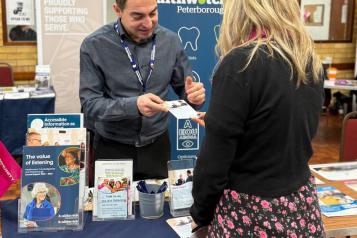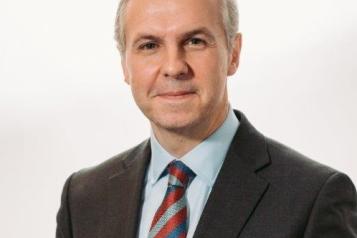Healthwatch Summit shines light on challenges facing Adult Social Care


The agenda focused on issues and challenges around the planning and delivery of adult social care in the region and the summit was attended by around 200 people.
Following the launch of the Summit, hosted by our Chair Stewart Francis, Vera Shilling, a member of the Sensory Impairment Board, shared her story - a powerful personal account of the barriers she has faced in accessing adult social care services.
More details of Vera’s story can be found in this BBC article that was produced as a result of her appearance at the Summit:
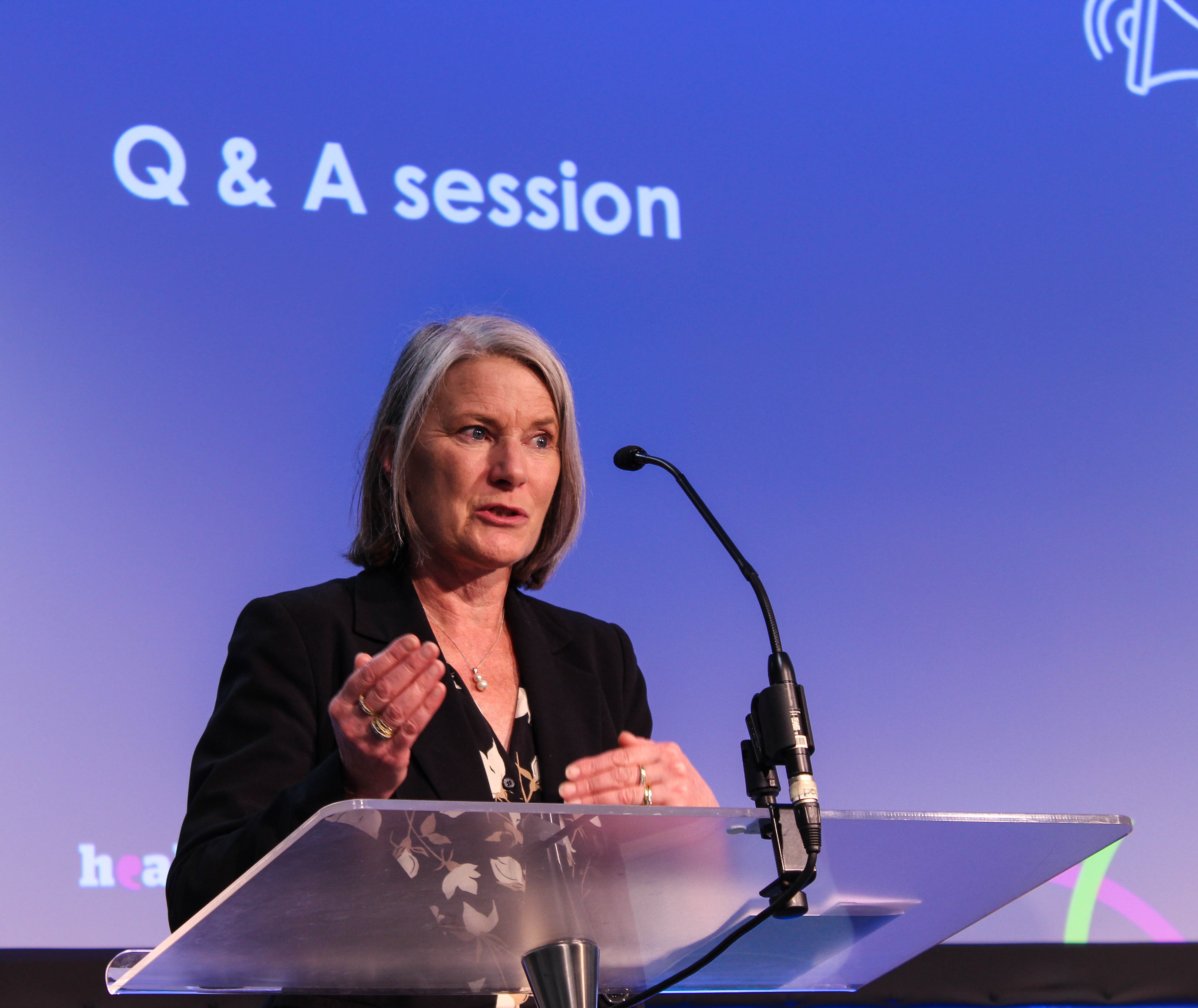
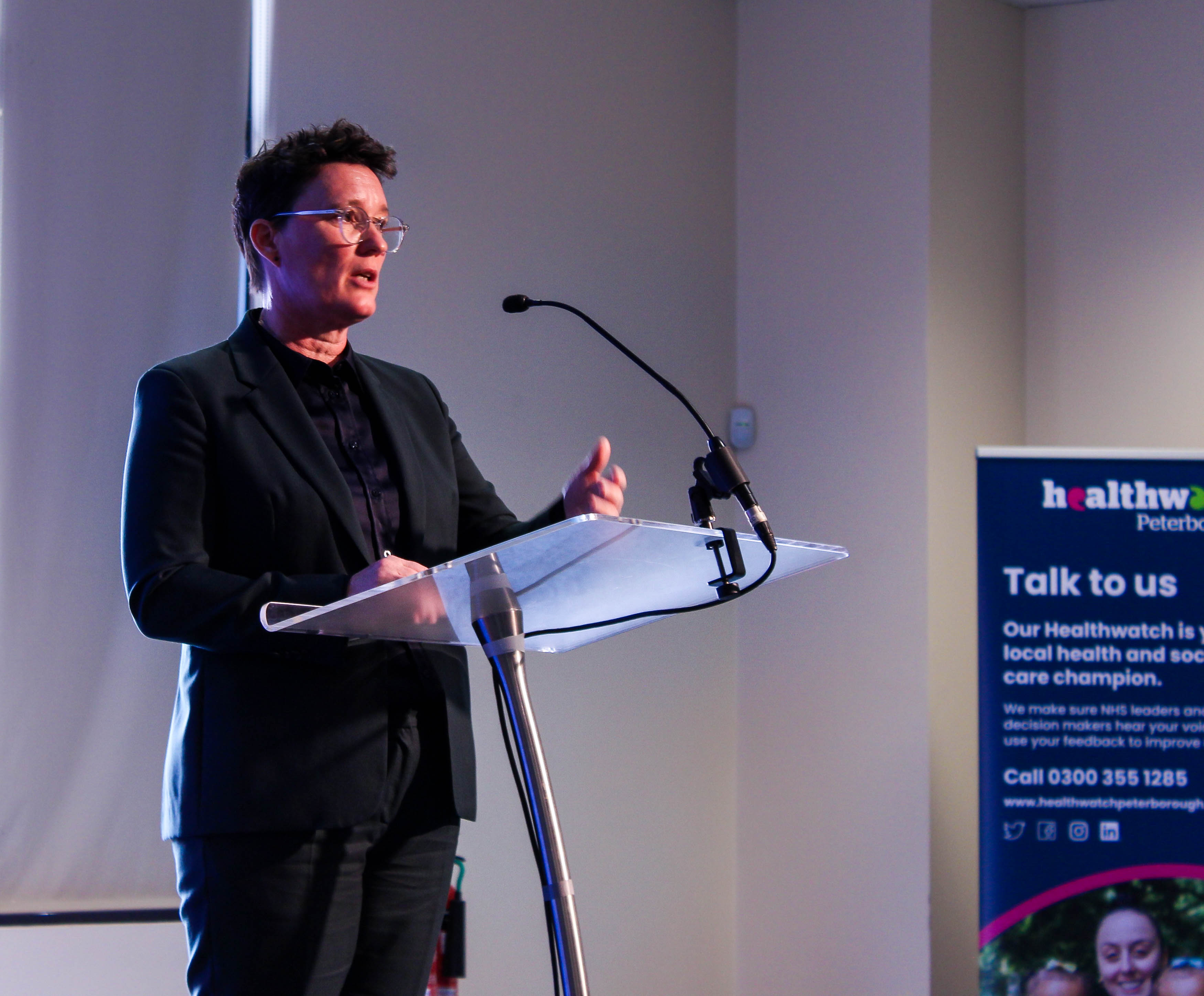
The audience then heard keynote speeches from Sarah Pickup, Acting Chief Executive of the Local Government Association and Jan Thomas, CEO of Cambridgeshire and Peterborough Integrated Care Board, both of whom addressed the current situation and the way forward in improving service delivery.
Issues that were touched upon included the reform and adaptation of services, a shift towards a more personalised and community-based approach to delivery and involving people more closely in service design.
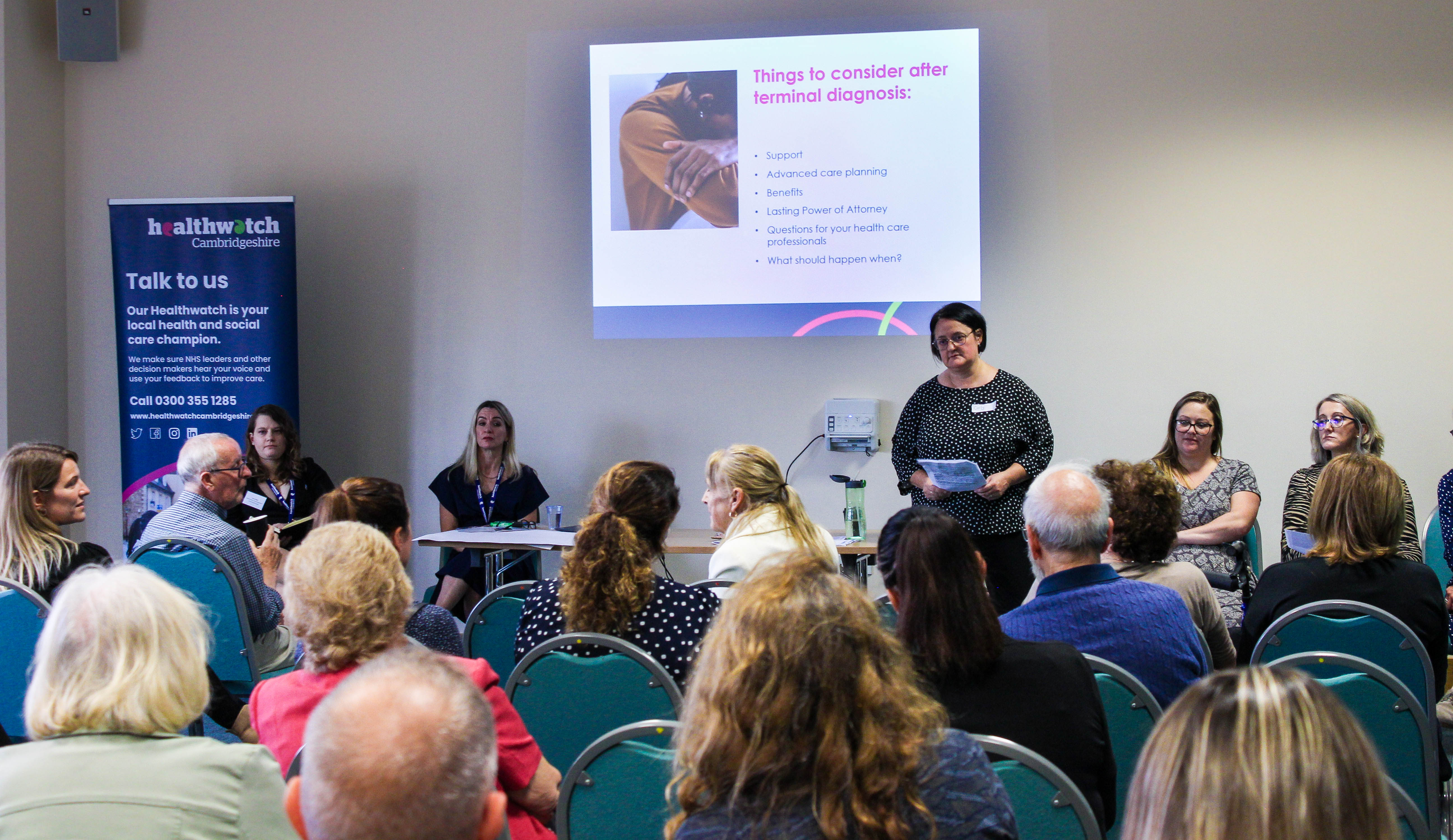
The event also included valuable opportunities for discussion and debate as delegates joined workshops that covered residential care, care in the home, and end of life services.
The key themes raised in the residential care workshop were around access to information about services, the complicated processes involved in obtaining care, and funding. In the care in the home workshop, several facets of accessing social care services were raised by those attending, which highlighted the complex nature of this area of provision. Discussions in the end of life care workshop emphasized the importance of starting conversations at an early stage in order to plan what services are required when the time comes that they are needed.
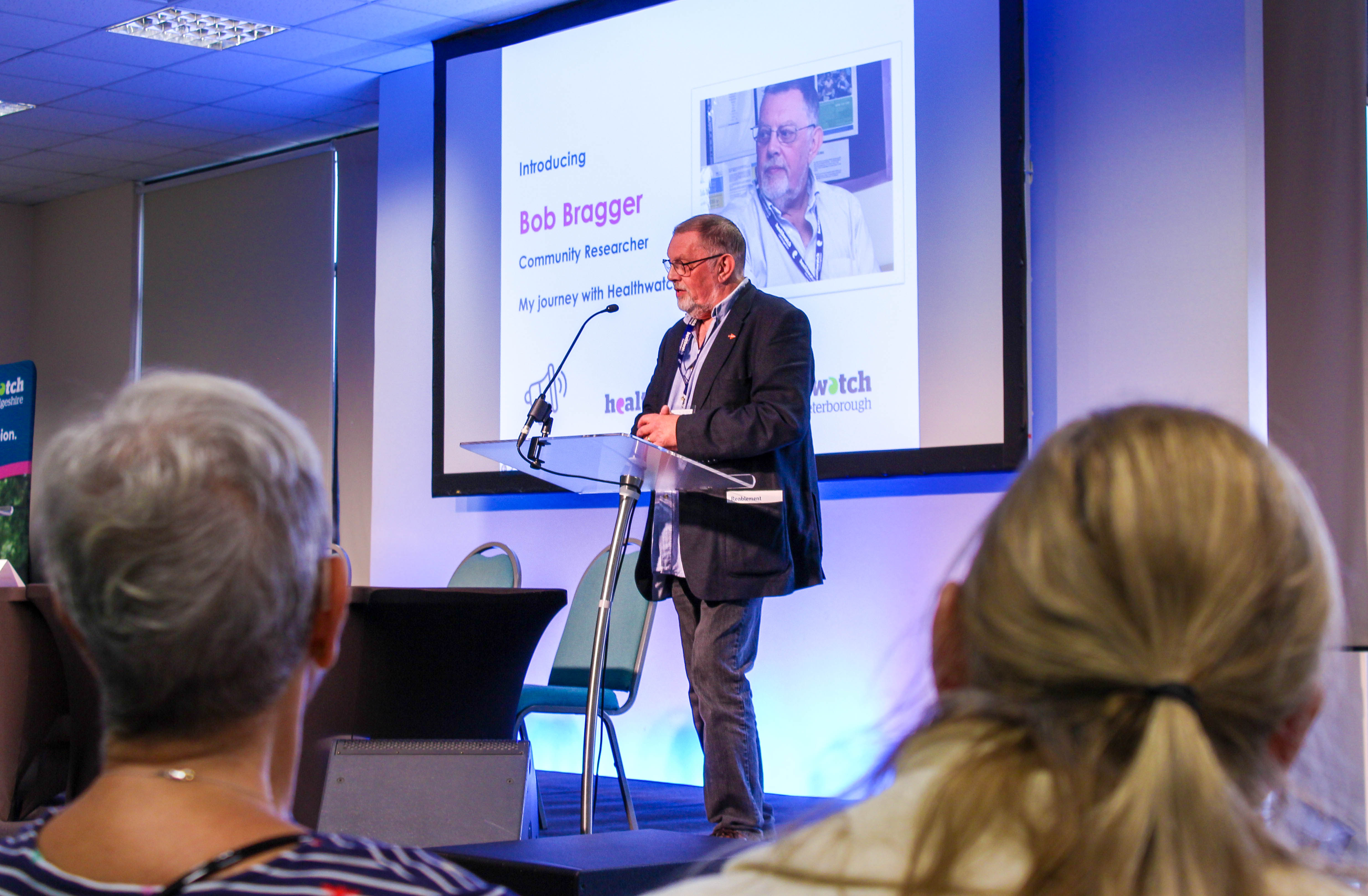
Following the workshop sessions, Healthwatch volunteer Bob Bragger delivered an inspiring presentation about his journey with Healthwatch and the opportunities to help make a difference that his involvement has presented.
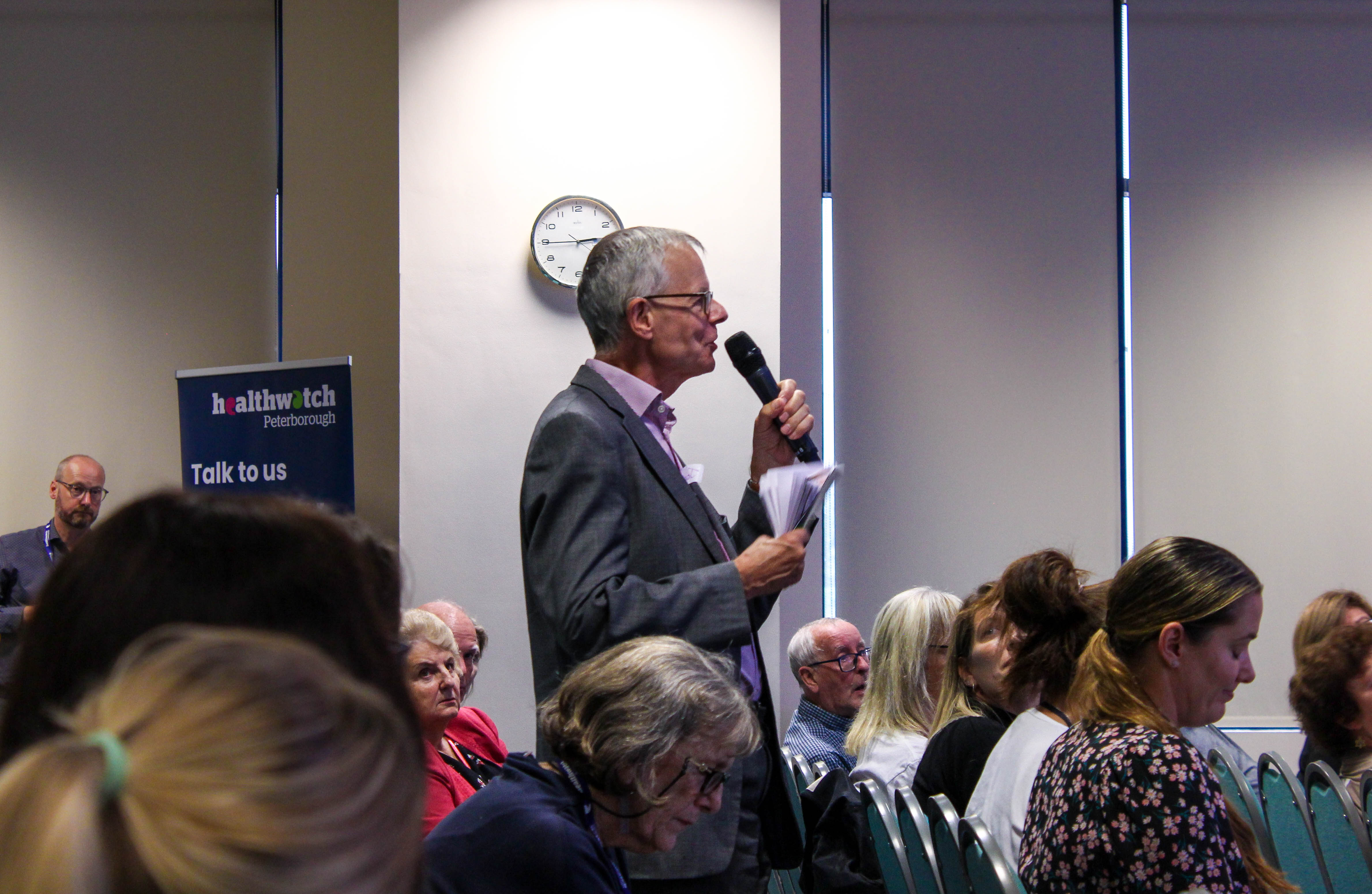
Next on the agenda was a lively ‘Question Time’ session featuring Councillor Richard Howitt (Cambridgeshire County Council), Councillor Stephen Taylor (Peterborough City Council), Kit Connick (Integrated Care Board) and Miriam Martin (CEO of Caring Together) who took questions from the audience.
Points that were raised during Question Time included proposed changes to the funding of health and social care, the pace of change and improvement to services, and support and recognition for carers.
Our CEO, Julian Stanley then reflected on the tenth anniversary of Healthwatch and set out a vision for the next decade as the organisation continues to gather feedback from the public about health and care services and share this with service providers and commissioners.
Commenting after the event, Julian said: “The day was a great success and the feedback from service users, stakeholders and speakers has been extremely positive.
It was an excellent platform for discussion, debate and to share the stories of some of the people we work with and support.
A very wide range of ideas, and some vitally important information, was shared about many key aspects of the challenges facing decision makers providing adult social care services, as well as the many problems and obstacles facing individuals and families who need to access these vitally important services.
It allowed the essential work of carers - on whom so many depend to make daily life possible, and who remain in short supply and poorly rewarded - to be highlighted.”

